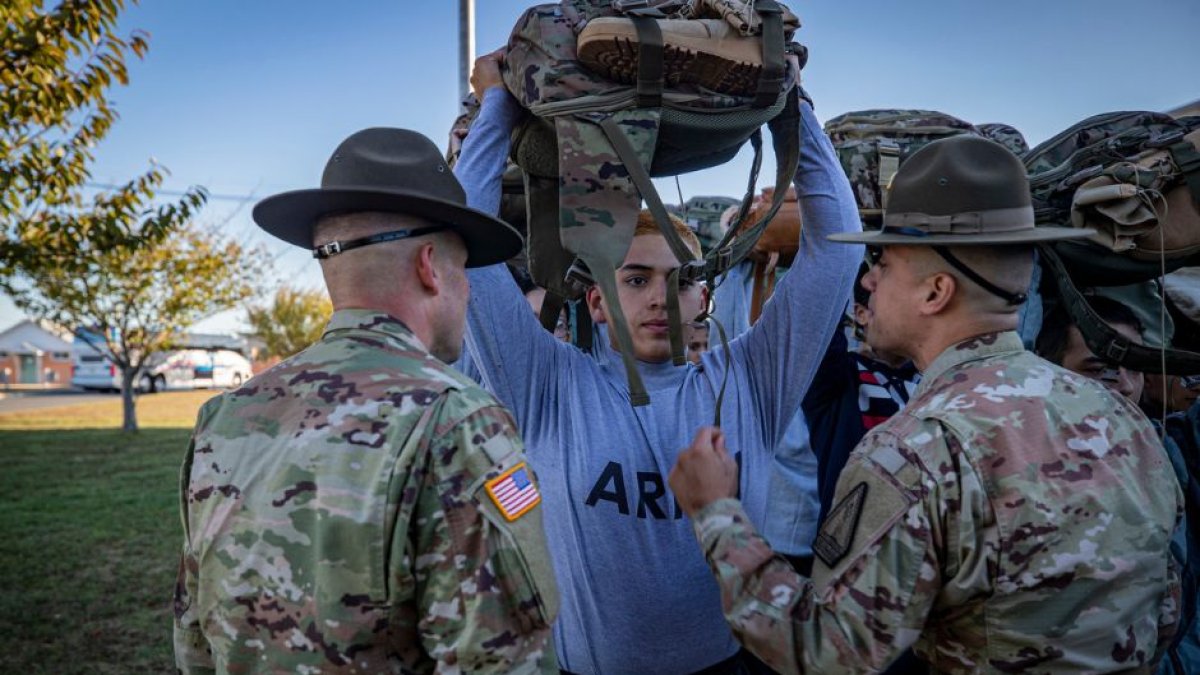Military investigates deaths of two drill sergeants at Fort Jackson in less than two weeks
There was a third death in June of this year. All were of the same rank and occurred at the same Army base.

(Flickr /
A third drill sergeant died at Fort Jackson Army Base, South Carolina. This is the second soldier of this rank to die in just over a week. The military is investigating his death.
He has been identified as 30-year old Staff Sergeant Zachary Melton. He was part of the first battalion of the 34th Infantry Regiment. According to military sources, he was found unresponsive in his vehicle on Saturday.
Eight days earlier, another staff sergeant, Allen Burtham, 34 years old, and part of the second battalion of the 13th Infantry Regiment, died. He was found dead after he did not show up to his post on time.
Although there is no official statement that clarifies the causes of the deaths in the two cases, the Army did clarify that there did not seem to be any foul play in the deaths of the two drill sergeants.
In June, another soldier of the same rank as Burtham and Melton also died under similar circumstances. Staff Sergeant Jaime Contreras was found dead after a training exercise at Fort Jackson. Contreras was a candidate to be an instructor and came from the Army's 82nd Airborne Division. Military authorities also did not report the cause of Contreras' death.
Fort Jackson is one of the largest training centers in the country. Nearly 50% of the Army troops report to the center annually to undergo basic combat training. For this reason, drill sergeants are an essential part of Fort Jackson, and there are many of them.
Low morale and poor mental health
A medical study carried out by the Association of Military Surgeons of the United States between 2018 and 2021 revealed there are serious mental health problems in the armed forces, specifically among Army drill sergeants.
After interviewing nearly 1,000 soldiers with this rank and function, the following clinical symptoms were reported: 19% suffer from depression, 27% suffer from moderate to severe insomnia, 14% have a generalized anxiety disorder, 48% experience severe exhaustion, 32% have a functional impairment, 35% suffer moderate alcohol abuse, 32% have off-duty aggression and 25% have low morale.
With this data, the military medical association advised its commanders to change Army policies to improve the health conditions of drill sergeants. Among others, they highlighted the need to increase the number of instructors to reduce each sergeant's workload and schedule more breaks.

























